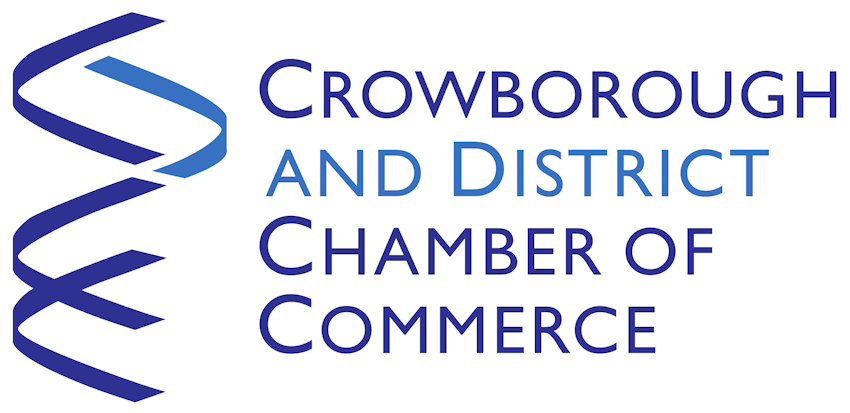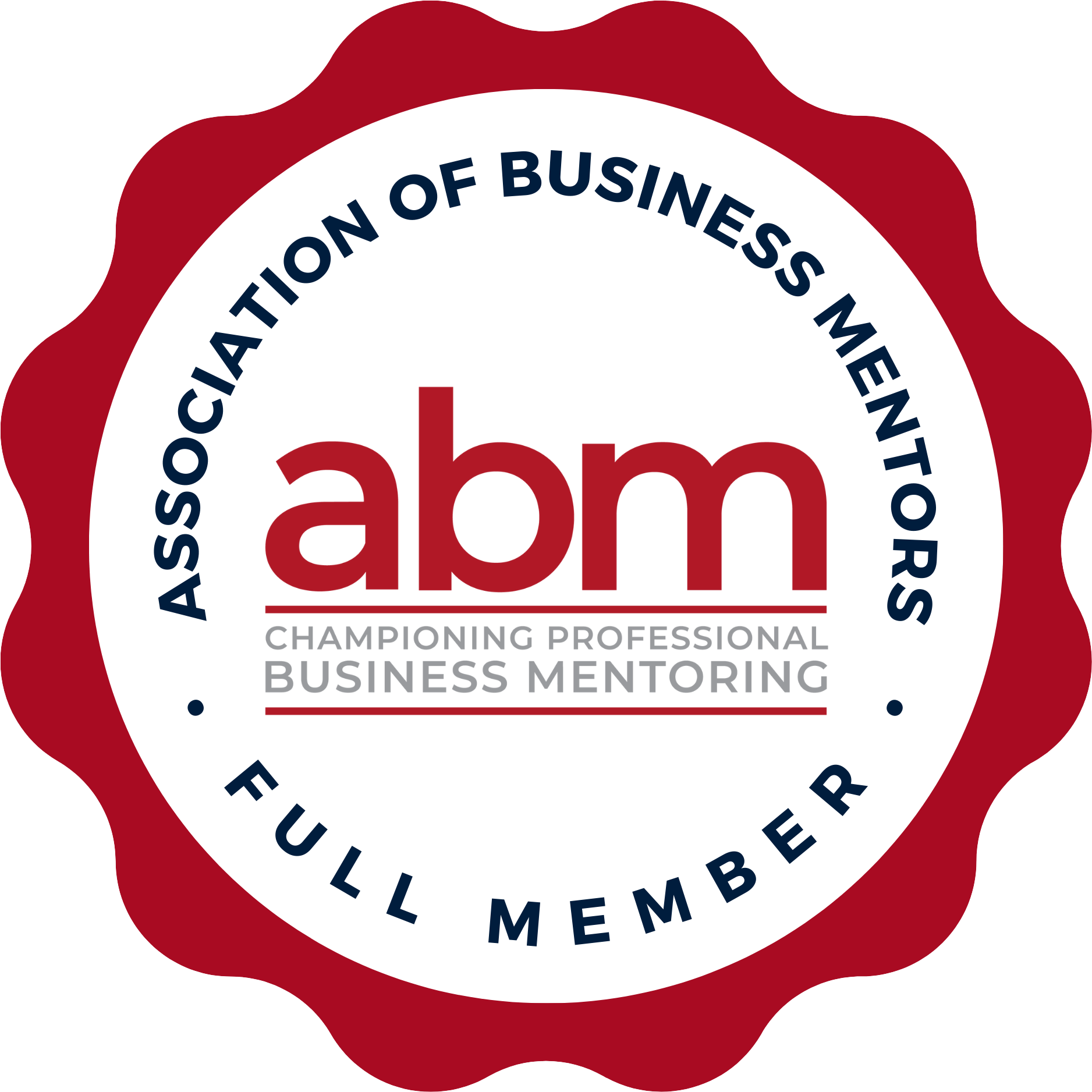In today’s competitive business landscape, small businesses need a solid marketing strategy to thrive. With a plethora of digital marketing channels available, it’s essential to leverage the right tools and techniques to effectively reach your target audience. In this blog post, we will explore a comprehensive small business marketing strategy that covers key elements such as email marketing, marketing plan, Google searches, product or service, target audience, Google My Business, online marketing, email addresses, social media marketing, and content marketing.
Define Your Marketing Plan:
- Before diving into specific marketing tactics, it’s crucial to develop a comprehensive marketing plan. This plan should outline your business goals, target audience, marketing budget, and key performance indicators (KPIs). Identifying your unique selling proposition (USP) will help differentiate your products or services from competitors and shape your overall marketing strategy.
Identify and Understand Your Target Audience:
- A successful marketing strategy revolves around understanding your target audience. Conduct market research to identify their demographics, preferences, and pain points. By understanding your audience’s needs, you can tailor your marketing messages and create compelling content that resonates with them.
Leverage Email Marketing:
- Email marketing remains a powerful tool for nurturing customer relationships and driving conversions. Build an email list by offering valuable incentives such as exclusive content, discounts, or freebies. Craft engaging and personalised email campaigns that provide relevant information, promotions, and updates. Monitor email metrics like open rates, click-through rates, and conversions to optimise your campaigns over time.
Harness the Power of Google Searches:
- Optimise your online presence for search engines, specifically Google, as it dominates the search market. Conduct keyword research to identify popular search terms related to your industry. Use these keywords strategically in your website content, meta tags, headings, and URLs to improve your search engine rankings. Additionally, consider running targeted Google Ads campaigns to drive traffic to your website and increase brand visibility.
Optimise Your Google My Business Listing:
- Google My Business (GMB) is a free tool that helps local businesses establish their online presence. Claim and optimise your GMB listing by providing accurate information, including your business name, address, phone number, website link, and operating hours. Encourage customers to leave reviews on your GMB profile, as positive reviews can enhance your credibility and attract more customers.
Embrace Online Marketing:
- In today’s digital age, online marketing plays a pivotal role in promoting your business. Create a user-friendly website that reflects your brand identity, showcases your products or services, and offers a seamless browsing experience across different devices. Implement search engine optimisation (SEO) techniques to improve your website’s visibility in organic search results. Consider paid online advertising options like social media ads or display ads to amplify your reach.
Build a Strong Social Media Presence:
- Utilise social media platforms to connect with your target audience and build brand awareness. Identify the platforms where your audience is most active and create engaging content that aligns with each platform’s unique features. Consistently post valuable and shareable content, engage with your followers, and leverage social media advertising to extend your reach.
Content Marketing is King:
- Content marketing helps establish your expertise, build trust, and attract and retain customers. Create high-quality and relevant content such as blog posts, videos, infographics, and podcasts that address your audience’s pain points and provide valuable insights. Share your content through various channels, including your website, social media platforms, and email newsletters.
Capture Email Addresses:
- Expand your email marketing list by capturing email addresses at every opportunity. Offer valuable gated content, such as e-books, whitepapers, or access to exclusive resources, in exchange for email subscriptions. Use lead generation forms on your website, landing pages, and social media profiles to collect contact information from interested prospects.
Embrace Local Marketing:
- For small businesses targeting a local market, it’s essential to leverage local marketing strategies. Optimise your online listings and profiles on platforms like Google My Business, Yelp, and local directories. Encourage customers to leave reviews and ratings, as positive feedback can significantly impact your reputation. Participate in local events, sponsor community initiatives, and collaborate with neighbouring businesses to increase your visibility within the local community.
Monitor and Adapt:
- Marketing strategies are not set in stone. It’s important to monitor the performance of your campaigns, track key metrics, and make data-driven decisions. Analyse website analytics, social media insights, email open rates, and conversion rates to understand what’s working and what needs improvement. Continually experiment, adapt, and refine your strategies to stay ahead of the competition.
Conclusion:
A well-rounded small business marketing strategy encompasses various elements, from email marketing and Google searches to social media and content marketing. By developing a comprehensive marketing plan, understanding your target audience, and leveraging the right digital channels, you can effectively promote your products or services, engage with customers, and drive business growth. Remember, consistency, adaptability, and continuous monitoring of results are key to refining and optimising your marketing efforts in an ever-evolving marketplace.













